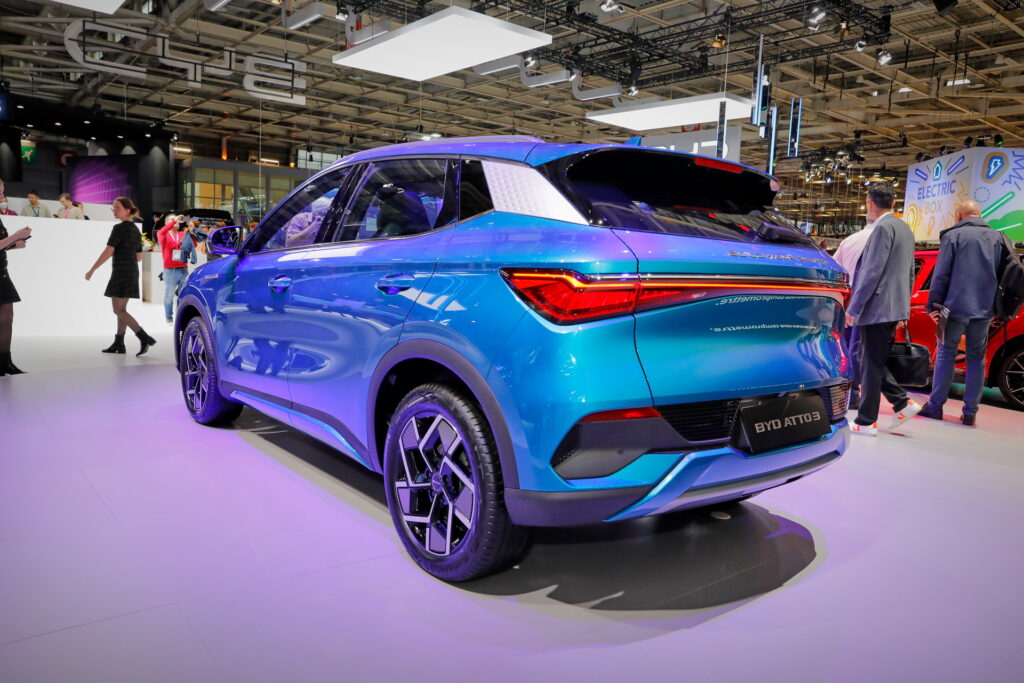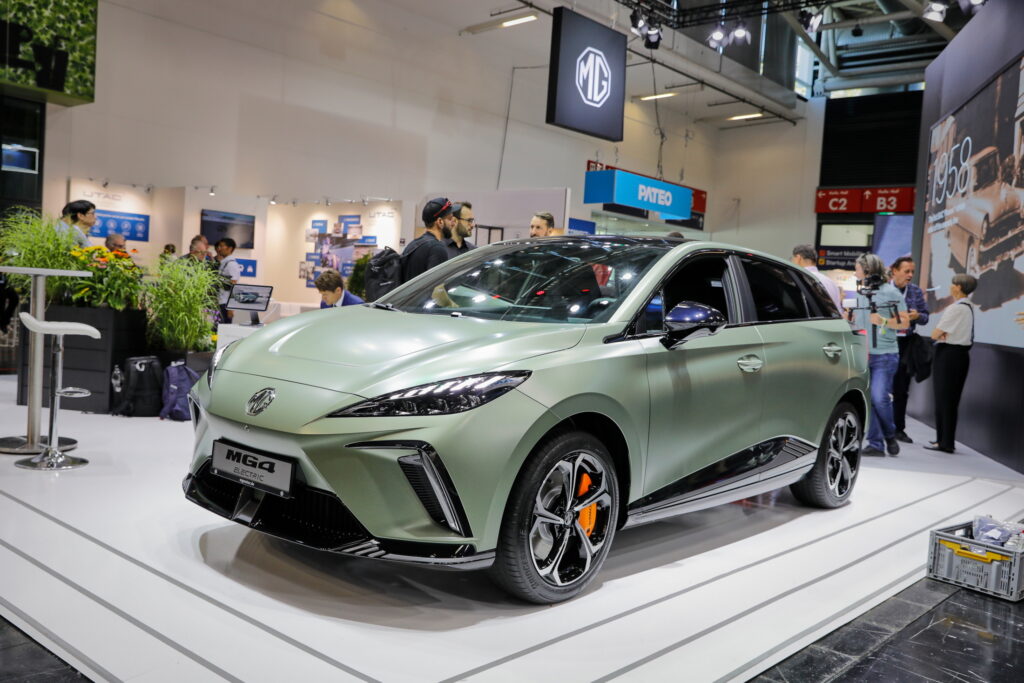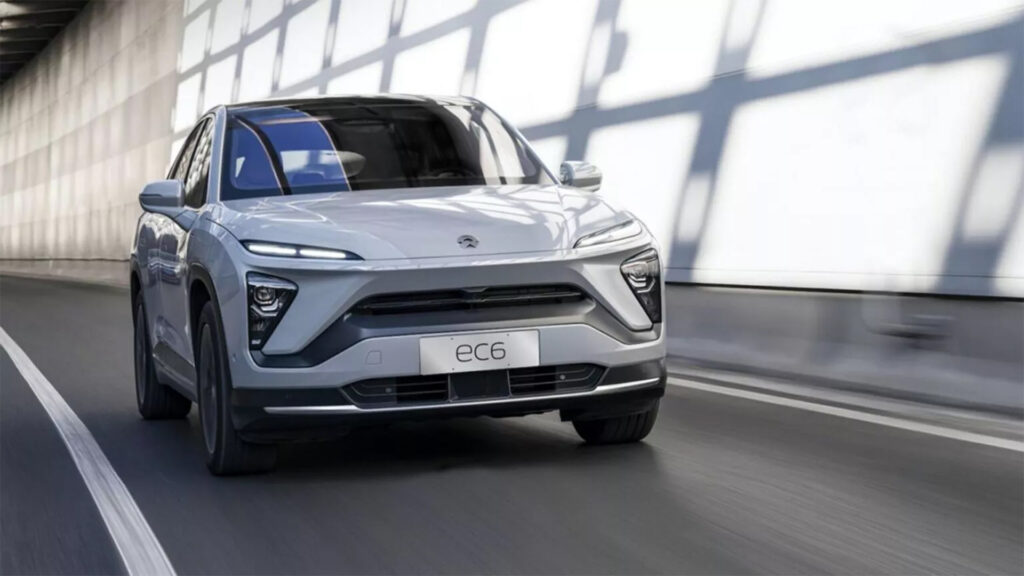Soon after the European Commission launched an investigation into Chinese-made electric vehicles and the subsidies they receive, Germany’s transport minister Volker Wissing has knocked back the possibility of punitive tariffs being enforced.
While recently speaking with a German newspaper, Wissing indicated that isolationist politics like hitting Chinese EVs with tariffs could damage the German economy.
“In principle, I don’t think much of erecting market barriers,” he said. “Today cars are sealed off, tomorrow chemical products, and each individual step in itself makes the world poorer. We have to make sure that we produce our electric vehicles competitively – for Germany and for the world markets.”
Read: Chinese Automakers Surge Yet Again In Europe’s Sales Charts

Earlier this month, European Commission president Ursula von der Leyen suggested that Chinese EVs are benefiting from overly generous state subsidies that are allowing Chinese brands to sell their EVs well below the average EV price. Lawmakers in Europe believed that Chinese-made EVs are undercutting locally produced models by approximately 20%, Reuters reports.
Officials from China quickly hit out at the investigation and the proposition of tariffs, calling it a “naked protectionist act that will seriously disrupt and distort the global automotive industry and supply chain, including the EU.”
France is already doing its part to try and protect Europe’s car industry. It is implementing new rules to reclassify what EVs will be eligible for a €5,000 ($5,293) subsidy and will take into account the type of power used in their production. If the power used isn’t green enough, they may not be eligible. This will hit Chinese carmakers hard because most of them use coal-generated electricity in the production of their EVs. France’s new rules will be implemented in December.
Recent sales data from August shows that while car manufacturers from China account for a small proportion of overall new car sales in Europe, they are rapidly growing their reach.




